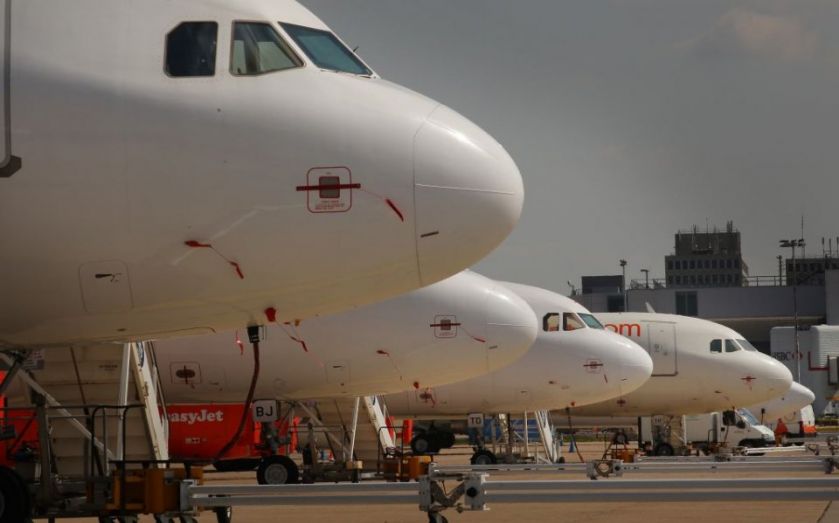Don’t turn the clock back: Expanding Gatwick Airport is in everyone’s interest

This summer, the Airports Commission will recommend where Britain’s next runway should be built. In simple terms, it comes down to a choice about the sort of country we want Britain to be in the twenty-first century. We all want Britain to grow and to prosper. The question is whether we pursue economic growth at any cost. Or do we recognise that any economic benefit must be considered alongside the environment and local people?
This is the big strategic choice that sits above any narrower consideration of aviation trends and route analysis. There is growing momentum behind expansion at Gatwick because people are increasingly coming to realise it is the best answer.
Aviation is changing. Who could have predicted 20 years ago that easyJet would become the country’s largest airline? In 2003, the government’s aviation White Paper hardly made mention of Dubai, but it is now the largest airport in the world – with demand driven by its location between continents.
None of us has a crystal ball, so we must ensure London’s airports have the flexibility to adapt to whatever the future might hold. As the airport serving the most destinations and the only one able to cater for all airline models, expanding Gatwick can future-proof the capital’s airport system, creating a resilient network of airports that give the country the growth and connectivity we need.
And it surely makes no sense to turn the clock back and reinstate a monopoly when passengers are feeling the benefits of competition. Airport liberalisation has been one of the most successful market reforms of recent years. We are all seeing the benefit with lower fares and higher service standards – expanding Gatwick is the only way for competition to continue to thrive among the UK’s airports.
Aircraft are noisy. There is no way of sugar-coating this fact. More planes will never mean less noise. They may become quieter but they will obviously never be silent. So the impact of noise on communities is at the heart of this debate. Expansion at Heathrow will newly impact 320,000 additional people – more than the population of Coventry. At Gatwick, around 18,000 people will be affected.
I am acutely aware that this is still a very large number. We believe that business in the twenty-first century has a responsibility to minimise impacts but also to compensate those most affected by them. So we have pledged to pay the Council Tax of this group if Gatwick expands – an industry-leading initiative.
Heathrow and Gatwick are both fighting strong campaigns. There is business support for both. But all business can unite around one thing. After years of delay – with Heathrow being considered and then ruled out as too difficult – the UK needs something to happen. Choose Gatwick and we can have spades in the ground by 2020 and the runway operational by 2025. No tunnelling the M25. No £6bn taxpayer subsidy at a tough time for public finances. Simply Britain getting on with it.
There are many things that can change in this debate. The one thing that can’t is the location of each airport. So that is why, if we want the solution that is best for the economy and the environment – and crucially if we want something to actually happen – the answer must be Gatwick.